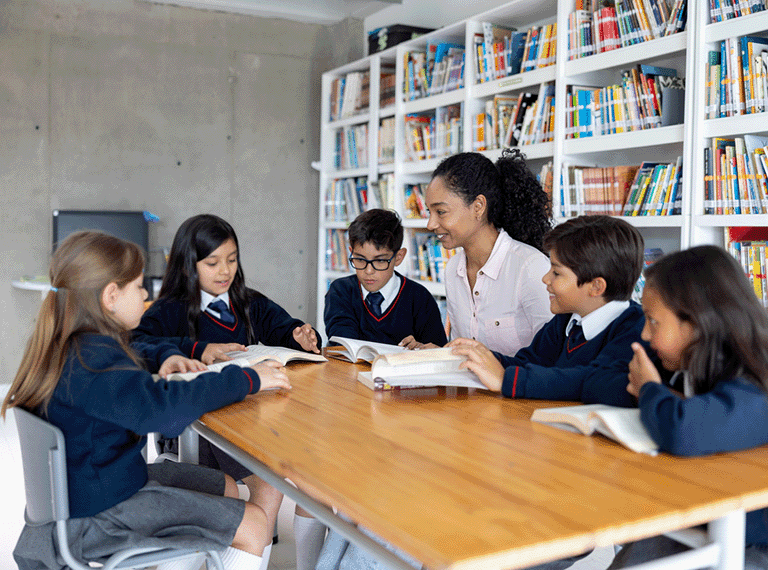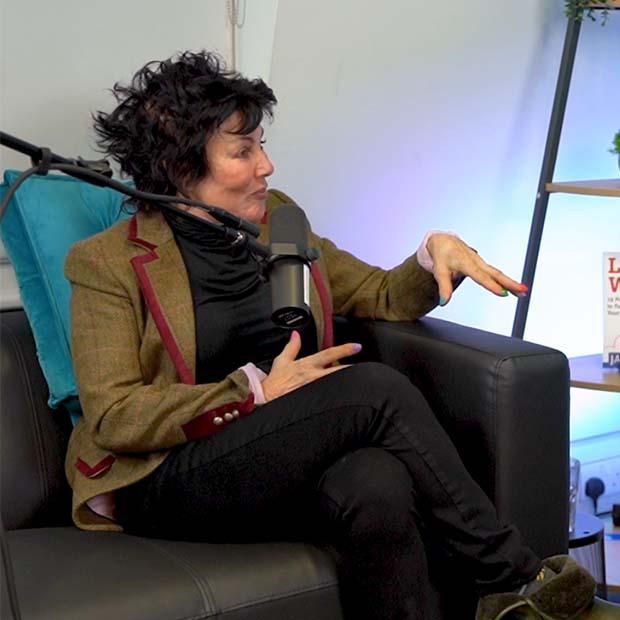It’s more important than ever to discuss the mental health of our young people, as it can heavily impact their ability to thrive at home, in schools, and within their social circles. We need to shift the narrative from avoiding mental illness to equipping young people with the emotional and social skills to cope with life’s challenges and build resilience.
Protecting children’s mental health starts with creating a safe, stable, and supportive environment, whether you’re a parent, carer, or educator, it means being present, listening actively, and showing unconditional love and support. It’s important for the adults involved in a child’s life to model coping strategies, as young people often learn by observing the adults around them. Encouraging open communication about feelings and emotions can help children feel understood and supported. Strong relationships with family, friends, and teachers can provide a robust support network for young people.
The world is faster paced than ever! There is so much pressure on young people to achieve, from the moment they enter the education system. With equally as much pressure on educators, it’s easy to overlook the subtle signs that a young person might be struggling with their mental health. Changes in behaviour, such as withdrawal from social activities, sudden mood swings, or a decline in academic performance, can be indicators that something is amiss. It’s essential to be vigilant and proactive in addressing these signs early. Early intervention can make a significant difference, preventing minor issues from spiralling into more serious problems.
Young people need to be educated to play a more active role in maintaining their own mental health. We should teach them to become more self-aware and show them techniques for practicing self-care. This involves recognising their emotions, understanding what triggers stress and anxiety, and finding healthy ways to manage these feelings. We are told that activities like mindfulness, meditation, and physical exercise can be beneficial, but are we allowing enough time in the curriculum to teach these effectively? It is also imperative for young people to know that it’s okay to seek help when needed and to have access to resources and support systems. Encouraging young people to pursue their hobbies and interests can also provide a sense of accomplishment and joy, further strengthening their mental health.
Although we can show young people how to develop preventative and coping strategies, there are times when professional help is necessary. In these situations, there are several key contacts that can provide support. Organisations like Childline (0800 1111), the Samaritans (116 123), and HOPELINEUK (0800 068 4141) offer confidential advice and support for young people. Additionally, resources like the NHS Every Mind Matters website and local mental health services can provide further assistance. Schools often have counsellors and support staff who can offer guidance and support. It’s important for young people to be aware of these resources.
By prioritising the mental health of our young people, we can help them develop into well-rounded, resilient individuals who are well-equipped to handle whatever life throws their way. Let’s continue to support and protect our children’s mental health, ensuring they have the best possible start in life. It’s a collective effort that involves parents, carers, educators, and the children themselves, working together to create an environment where mental health isn’t a taboo, but valued and nurtured.
If you’re looking for a new role that might improve your own wellbeing, or a talented teacher or professional to join your school, contact your nearest Reed education specialist today.



